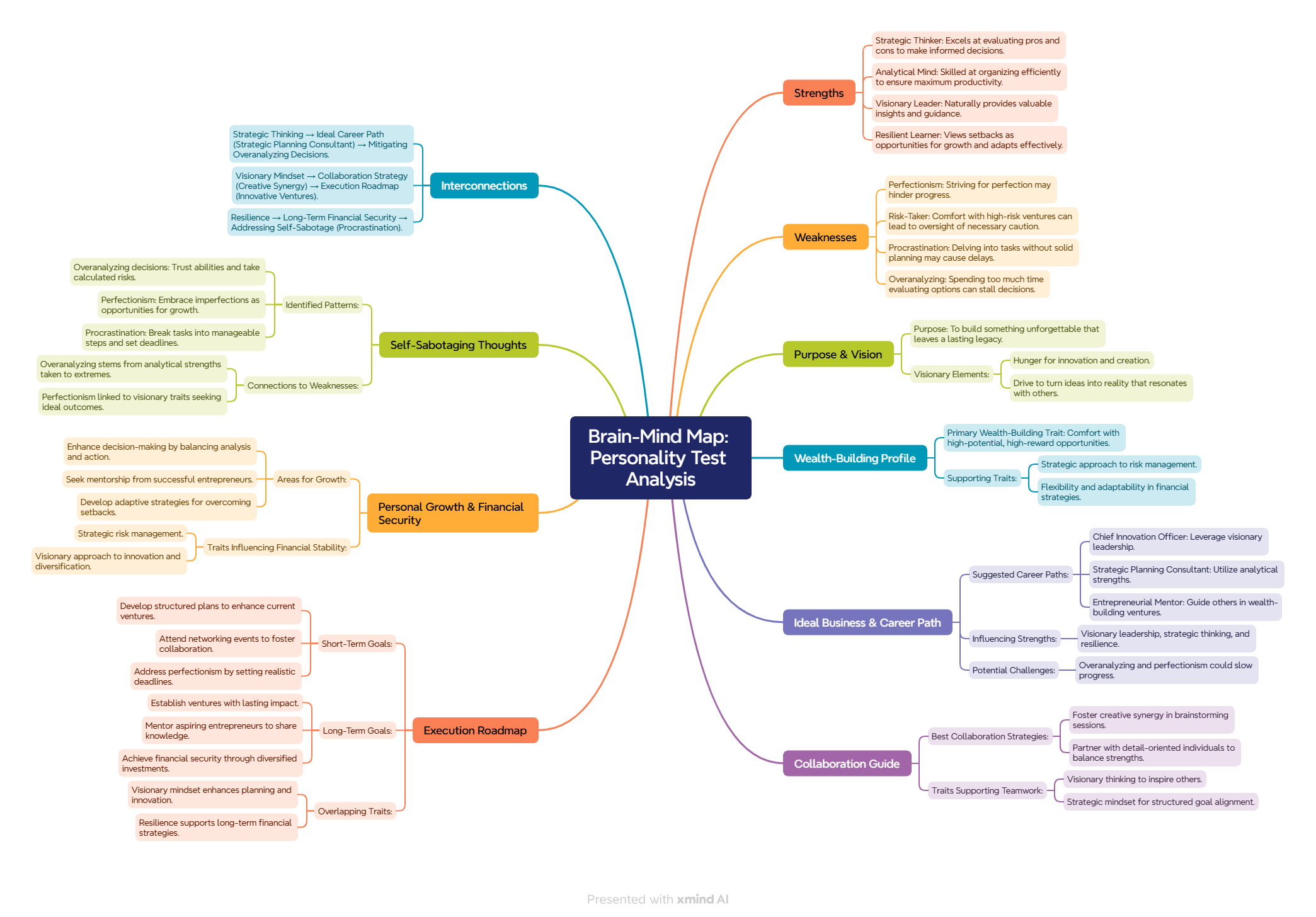Reproductive health is a crucial aspect of human health that deals with the reproductive systems at all stages of life. It encompasses not only the biological aspects of reproduction but also the emotional, psychological, and social dimensions that affect sexual and reproductive well-being. In essence, reproductive health involves a holistic approach to understanding the physiological functions of reproduction, addressing concerns related to sexuality, fertility, family planning, and sexually transmitted infections (STIs).
The significance of reproductive health cannot be understated, as it plays a vital role in the overall well-being of individuals and communities. Good reproductive health enables individuals to lead healthy lives, make informed decisions regarding their reproductive choices, and enjoy fulfilling relationships. Furthermore, it supports population health by reducing the incidence of unwanted pregnancies and STIs, thereby contributing to healthier families and communities.
This blog post will explore various aspects of reproductive health, including common concerns that individuals may encounter throughout their lives, such as menstrual health, sexual health, and fertility issues. We will delve into the importance of effective prevention strategies and regular health check-ups aimed at safeguarding reproductive health. From understanding the menstrual cycle to receiving HPV vaccinations, preventive care is an essential component of maintaining reproductive well-being.
Additionally, we will discuss the impact of lifestyle choices, such as diet and exercise, on reproductive health, as well as the role of education in empowering individuals with the necessary knowledge. By raising awareness and promoting preventive measures, we can foster a culture that prioritizes reproductive health, ultimately leading to improved health outcomes for everyone.
Fertility: Understanding the Basics
Fertility is a complex aspect of reproductive health that varies between individuals and is influenced by numerous factors. For women, fertility involves the ability to conceive and carry a pregnancy to term. Key factors affecting female fertility include age, hormonal balance, ovulation disorders, and the health of the reproductive organs. As women age, particularly after the age of 35, their fertility begins to decline due to a decrease in both the quantity and quality of eggs. This natural decline can also be accompanied by other age-related health issues that may further impact reproductive capabilities.










